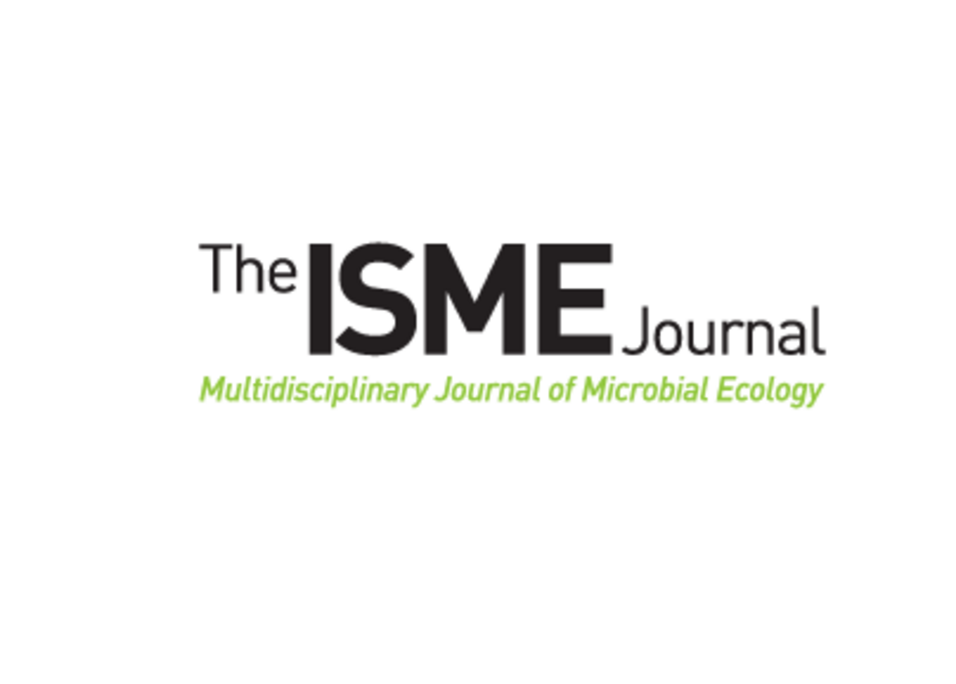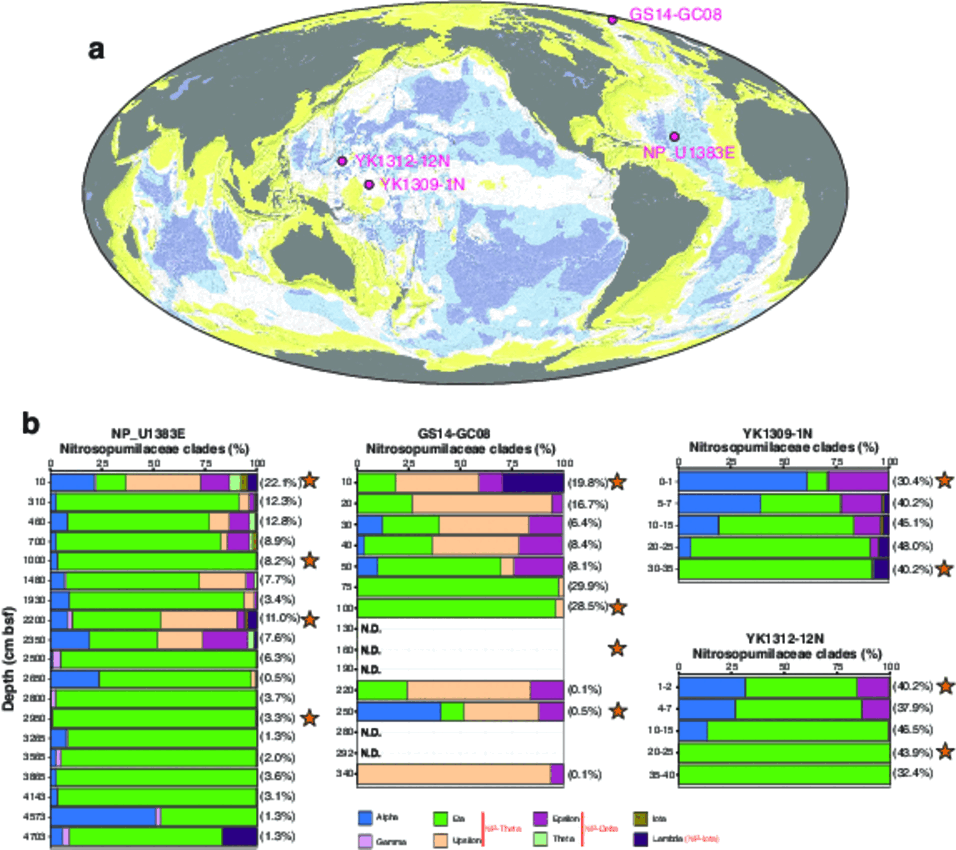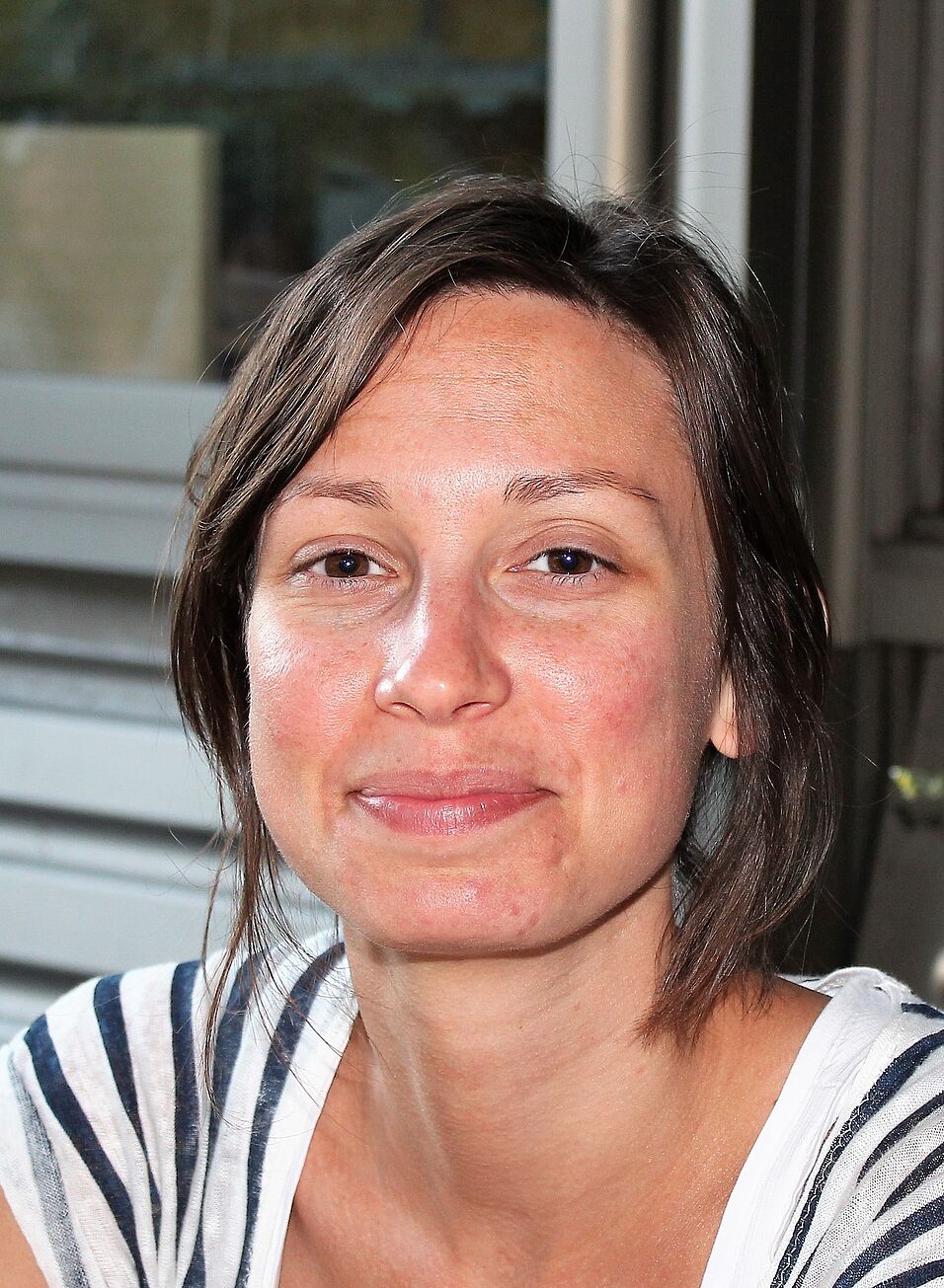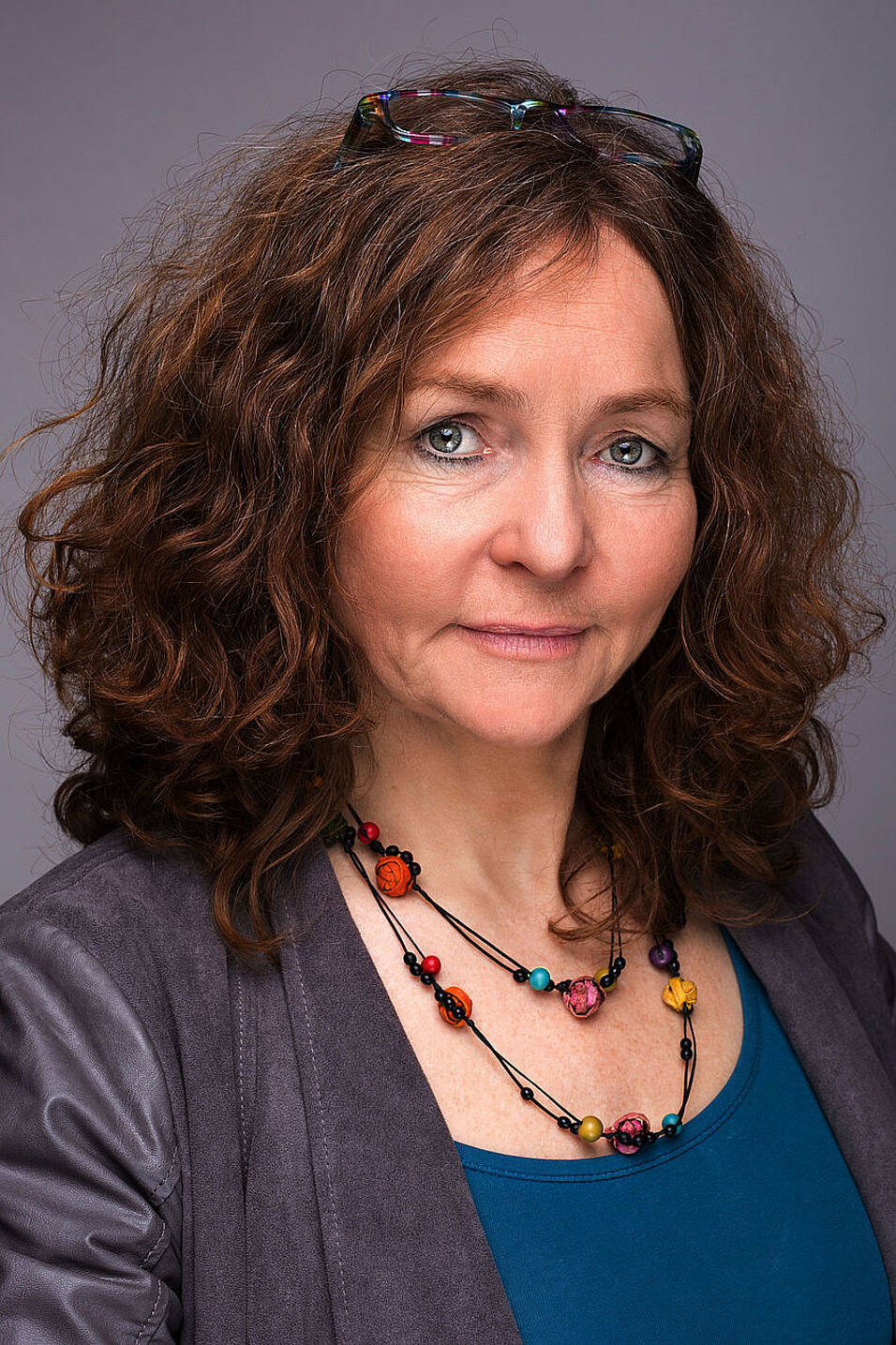New publication by Melina Kerou, Rafael I. Ponce-Toledo, Rui Zhao, Sophie S. Abby, Miho Hirai, Hidetaka Nomaki, Yoshihiro Takaki, Takuro Nunoura, Steffen L. Jorgensen and Christa Schleper in the ISME Journal:
"Genomes of Thaumarchaeota from deep sea sediments reveal specific adaptations of three independently evolved lineages"
This study presents metagenome-assembled genomes of the most abundant AOA clades from deep marine sediments, from samples obtained from the Atlantic Mid-Ocean ridge flanks and Pacific abyssal plains. We found that these extremely energy-limiting and high-pressure ecosystems, which present manifold challenges for microbial life, are colonised by distinct AOA clades possessing particular adaptations to these harsh environments. Our phylogenetic analyses indicate that the adaptive radiation of AOA into marine sediments occurred more than once in evolution and resulted in three distinct lineages, while a transition from terrestrial ecosystems/freshwater sediment to marine sediments can be inferred without having colonized the ocean water column first.
Original paper:
ISME J., DOI: 10.1038/s41396-021-00962-6
Genomes of Thaumarchaeota from deep sea sediments reveal specific adaptations of three independently evolved lineages
Melina Kerou, Rafael I. Ponce-Toledo, Rui Zhao, Sophie S. Abby, Miho Hirai, Hidetaka Nomaki, Yoshihiro Takaki, Takuro Nunoura, Steffen L. Jørgensen, Christa Schleper






